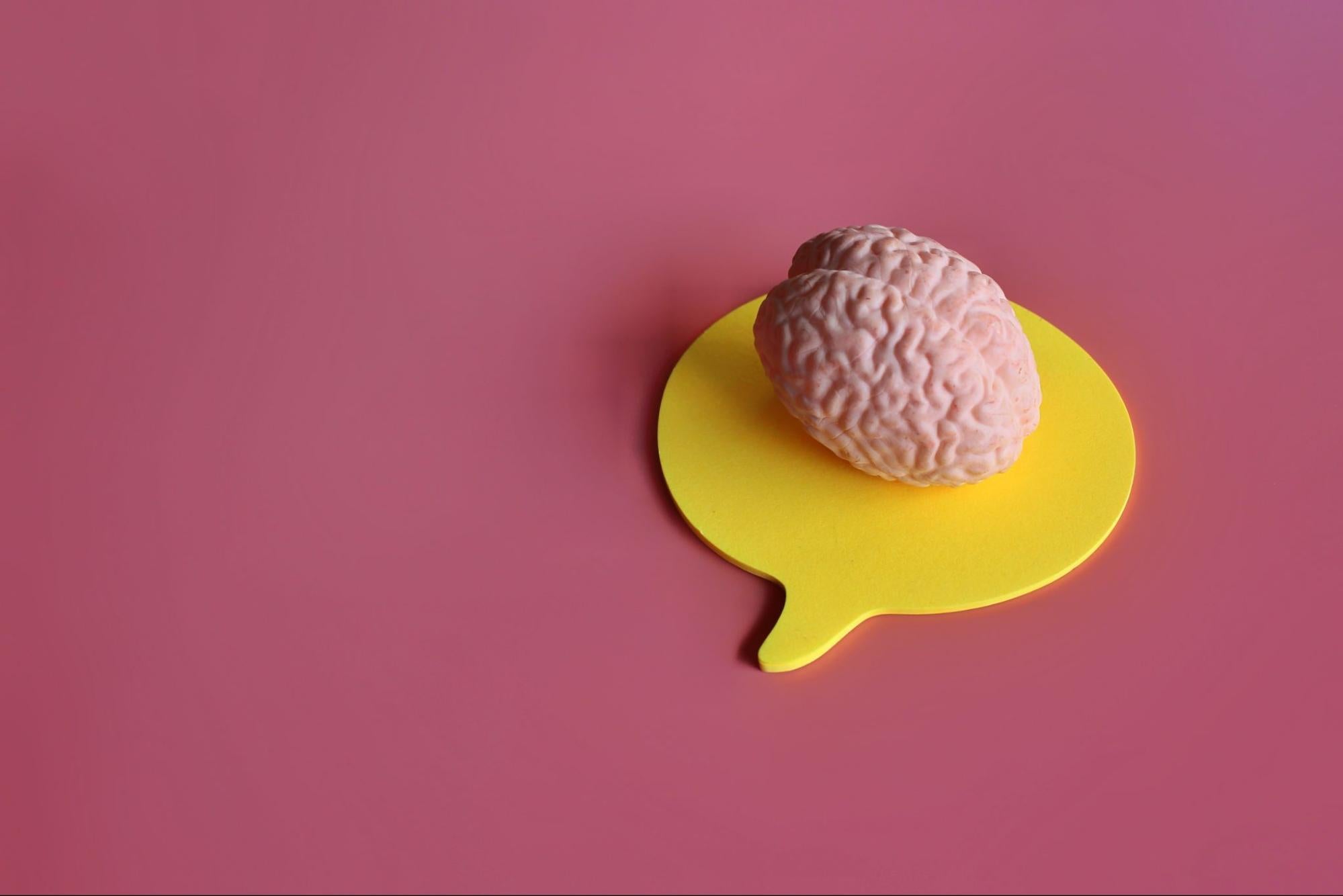
Mood foods for young minds
Brain health is a term that scientists, nutritionists, and doctors are using more and more —There’s now a growing shift away from using the term mental health alone - recognising that the brain is an organ, much like any other, with its own distinct health and nutritional requirements just like your heart, muscles, or bones.
We now know that what young people eat can actually help support cognitive function and mood regulation and research reflects that the right foods can help boost learning, focus, and even mood.
But before we look at how to "eat smart" for the brain, let’s start with the basics, and find out more about the nutritional requirements of the brain.
1. Healthy Fats (Omega-3 Fatty Acids)
Number 1 is fat — but not just any fat. Omega-3 fatty acids are essential for growing brains. They help build the cell membranes around our neurons and keep all our neurotransmitters working smoothly.Oily fish like wild salmon, mackerel, or trout contain omega-3s called EPA and DHA, which are like gold for brainpower.

2. Amino Acids & Protein – The Brain’s Building Blocks
A very close second are amino acids, the building blocks of protein and our brain cells. They are essential for the production of neurotransmitters like serotonin and dopamine. There are 20 amino acids, 9 of which are essential.
One standout is tryptophan — an amino acid that helps your child’s body make serotonin (for mood), melatonin (for sleep), and vitamin B3. research by Roager & Licht (2018) shows that vitamin B3 (niacin) helps the body turn tryptophan into serotonin
You’ll find it in foods like turkey, eggs, and nuts.
3. Magnesium – The Calming Mineral
Magnesium is a vital brain nutrient. It’s involved in over 800 processes in the body & recent research by Fatima et al in 2024 further proves how it is an essential mineral for many aspects of brain health and development in children.
Magnesium is especially good at keeping the nervous system calm and balanced. It plays a critical role in regulating gamma-aminobutyric acid (GABA), a key calming neurotransmitter that helps soothe the nervous system and support emotional balance.
Studies have shown magnesium can help with better sleep (magnesium assists in the production of melatonin), more stable moods, reduced anxiety, and improved focus — especially in young people with ADHD (check out the research by Botturi et al., 2020; Hemamy et al., 2020; Rucklidge et al., 2018; Zhang et al., 2021 in the references).
Further research also suggests that magnesium plays a vital role in neuroplasticity, the brain’s ability to grow, adapt, and form new connections, during key stages of learning and development and across the lifespan.
Many parents argue that it can be a game changer for mood, sleep and behaviour!
Magnesium-rich foods include dark leafy greens, bananas, avocado, and nuts/seeds.
4. Vitamin D
Vitamin D is the sunshine vitamin for brain health. Sadly, many children in the UK don’t get enough — especially in the winter when sunshine is in short supply.
Together with omega-3s and folate, research from Gómez-Pinilla in 2008 & Spedding in 2014 reflects that vitamin D is crucial in supporting serotonin production and mood regulation.
Vitamin D has been linked to lower rates of depression and anxiety, making it a key nutrient for happy minds. You can get it from oily fish, fortified foods, or supplements (especially during the darker months).
Making Brain Food Easy (and Fun!)
Here are 5 brain boosting foods to include in family meals.
- Oily fish – Wild salmon, mackerel, sardines (Omega-3 + Vitamin D)
- Turkey – Packed with tryptophan
- Dark leafy greens – Spinach, kale, chard (Magnesium, B-vitamins, antioxidants)
- Bananas & avocado – Natural magnesium + brain fuel
- Nuts & seeds – Chia, flaxseeds, almonds (Omega-3, zinc, magnesium)


Brain Hero Foods for Kids
- Stir shredded salmon into scrambled eggs or make salmon fishcakes with sweet potato
- Whizz avocado into smoothies or mash onto toast
- Bake with cacao powder for a chocolatey treat minus the sugar rush
- Get kids hands-on in the kitchen — granola, smoothie bowls, or homemade turkey burgers are perfect for little helpers
- Fuel their brain for more good mood days.





